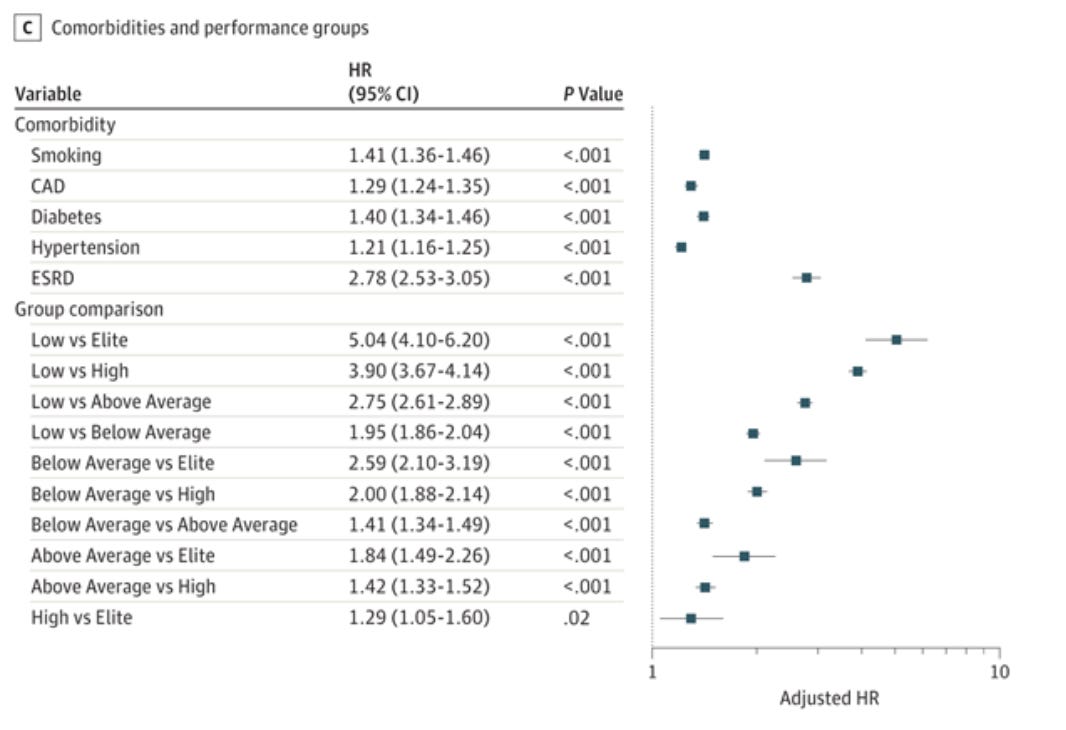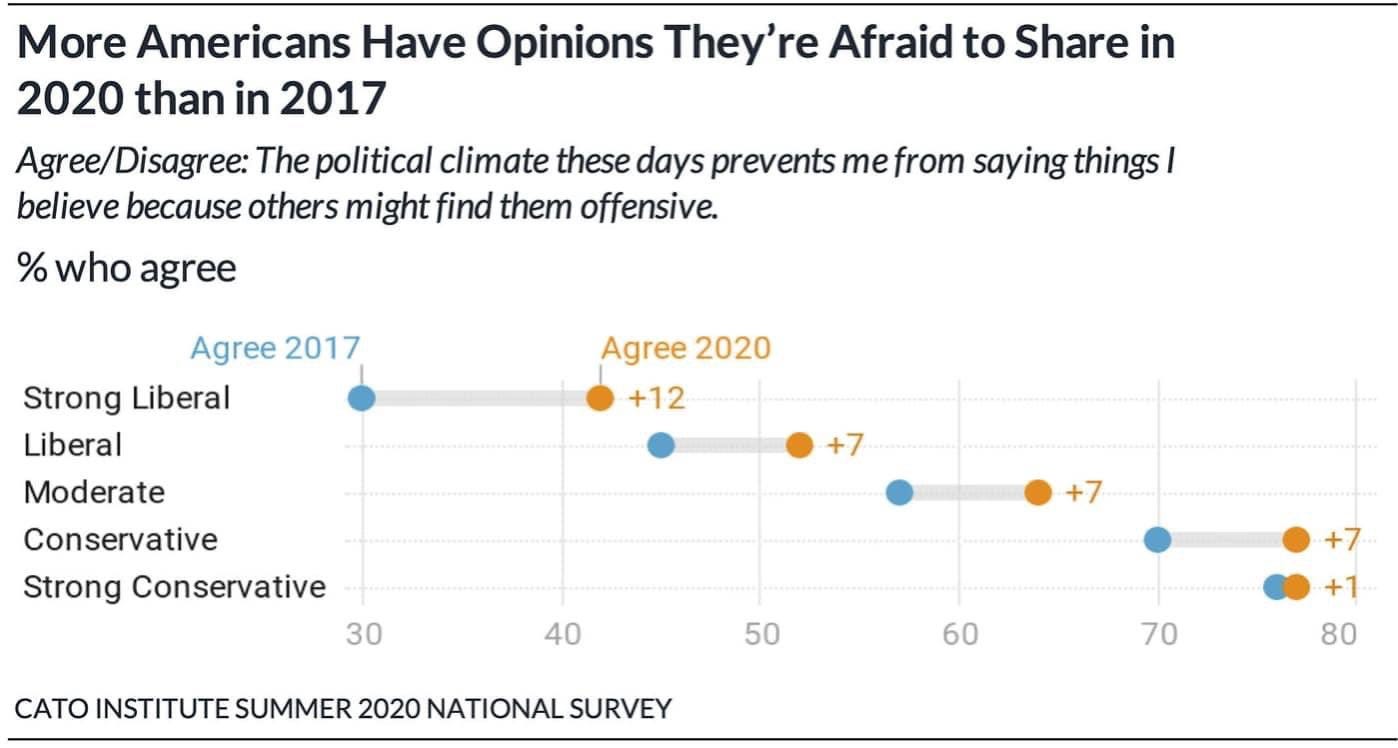Personal Science Week - 240530 Ineffective Tests
Tests that don't work, plus more links about personal science topics
We’re at the Biohacking Conference this week (see us at Booth 333) viewing the latest, coolest ideas for personal science. Watch for a full report next week.
But the world of personal science takes no breaks, so meanwhile we offer you some information about tests that don’t work and other topics.
More wasted testing
April 2024 JAMA report concludes that PSA screening for prostate cancer is a waste of time. In a huge (400K+ person) randomized controlled trial, UK researchers followed men for 15 years after being assigned either to a regular PSA screening or to nothing; although many cancers were detected and treated in both groups, there was no difference in mortality, the the variable you care about most.
It seems that PSA is yet another example of a test that does no good. We personal scientists like to think that our obsessive testing will catch some condition early enough to be treated – thereby saving lives. But in this case, the proactive approach appears to mostly just identify false positives. Men whose tests indicated cancer went through months or years of stressful and often painful treatment while their counterparts remained blissfully unaware that anything was wrong.
In PSWeek230921 we used the analogy of rabbits, turtles, and birds to describe why cancer testing is so difficult, and why it often generates more worry than help. Some cancers (rabbits) are stopped by a fence (e.g. diagnostic testing), others proceed slowly enough (turtles) that you can stop them before they cause trouble, while still others will find a way inside (birds) no matter what you do. Cancer is tough!
But exercise isn’t wasted
It’s long been clear that regular, quality exercise is one of the best things you can do to for your health. Another JAMA article shows how powerful exercise can be. A study of 100K+ people followed for 8 years at the Cleveland Clinic concludes that going from being a sedentary person to somebody who exercises regularly has a bigger affect on reduced mortality than anything else they tracked. Smoking, diabetes, hypertension, or other comorbidities – nothing was associated with a higher risk of death than lack of exercise.
Look at this chart.

Another dashboard app
We hear almost every week about new apps that try to make your personal self-tracking data more useful. The latest one is Fulcra, currently in beta testing that aggregates your iPhone data from multiple sources to help visualize your progress on multiple measures, including Oura Ring, Apple Watch, Levels Health, and many others. I haven’t tried it yet, but let us know your experience.
Treating colds outside the USA
from Marginal Revolution
Robert Kuttner discovered an excellent treatment for colds while vacationing in France and is rightly outraged that it’s not available in the United States:
Toward the end of our stay, my wife and I both got bad coughs (happily, not COVID). We went to our wonderful local pharmacist in search of something like Mucinex or Robitussin, which are not great but better than nothing.
“We have something much better,” said he. And he did. It’s called ambroxol. It works on an entirely different chemical principle, to thin sputum, facilitate productive coughing, and also operates as a pain reliever and gentle decongestant with no rebound effect.
We experienced it as a kind of miracle drug for coughs and colds. A box cost eight euros.
Ambroxol is available nearly everywhere in the world as a generic. It has been in wide use since 1979.
But not in the U.S.
About Personal Science
Listen to experts, but be skeptical. That’s the idea behind Personal Science, where we use the techniques of science to solve personal problems, rather than as part of a job.
We publish each Thursday to everyone, but paid subscribers get additional posts from our Unpopular Science series of ideas that are too controversial to discuss publicly, such as this week’s data on inter-racial marriages, college campuses, and more.
If you have other topics you’d like to see, please let us know or leave a comment.


